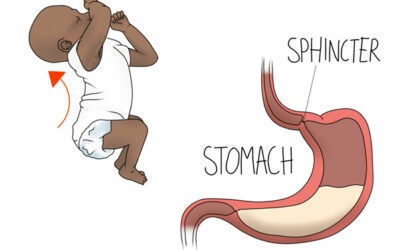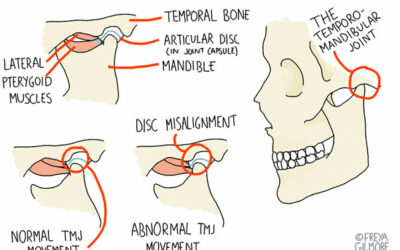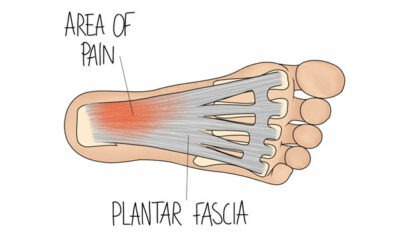 There’s not a day goes by that we don’t see an article or tweet in our newsfeed extolling the virtues of some variety of tea or a good old fashioned cup of coffee. Here we round up the health benefits of putting the kettle on.
There’s not a day goes by that we don’t see an article or tweet in our newsfeed extolling the virtues of some variety of tea or a good old fashioned cup of coffee. Here we round up the health benefits of putting the kettle on.
Turning to tea
Tea is the UK’s favourite drink, with the average UK adult downing three cups a day. We’ve been brewing it since the 16th century and so much more is understood about its health boosting properties today.
Proper tea – and we’re talking non-herbal teas here – is derived from the Camellia Sinensis plant. It’s been show to have anti-bacterial properties, helping to boost the immune system and bring a variety of health benefits.
Studies have found that some teas may help with the prevention of cancer, including breast, pancreatic, prostate and oral cancers. Health properties of tea can protect against heart disease and diabetes, and help to lower cholesterol and blood pressure.
Tea’s health properties have been attributed to phytochemicals, naturally occurring chemicals, and the anti-oxidant properties of flavonoids and polyphenols. Together it’s believed that they help protect the body against free radicals, which can cause damage to our DNA.
Five of the best health-boosting teas:
Green tea
The anti-oxidants in green tea help protect against bladder, breast, lung, stomach, pancreatic, and colorectal cancers, as well as helping to prevent clogged arteries.
Polyphenols in green tea may help maintain the parts of the brain that regulate learning and memory and could help reduce the risk of neurological disorders like Alzheimer’s and Parkinson’s diseases.
Green tea is also believed to be beneficial to people with Type 2 diabetes: studies suggest that certain compounds in green tea may help diabetics to process sugars better.
Black tea
This is what we know as the standard cuppa, the instant tea bags that many of us throw in our supermarket trolley every week. Interestingly, 78% of all tea drunk across the world is black tea.
Studies suggest that this variety of tea may protect lungsfrom the damage caused by exposure to cigarette smoke. It’s thought to also reduce the risk of strokes and heart disease due to the way it helps blood vessels to dilate.
White tea
White tea has the most potent anti-oxidant properties compared to more processed teas, making it a hero in the cancer prevention battle.
It’s good for your skin too: certain extracts in white tea have been found to inhibit wrinkle production by strengthening elastin and collagen.
Herbal teas
While not technically teas – since they aren’t made from the leaves of the Camellia Sinensis plant – some herbal brews have health-boosting properties.
- Camomile tea contains antioxidants that may help to prevent complications from diabetes, such as vision impairment, and could also stunt the growth of cancer cells.
- Three cups of hibiscus tea every day, according to a small study, was found to lower blood pressure in people with slightly raised levels.
- Nettle tea has been found to help boost the immune system and having a detoxifying effect. It is also thought to ease pain from arthritis.
- And both peppermint tea and ginger tea are herbal teas good for digestion.
Fancy a slice of lemon in your brew? A simple squirt of citrus juice added to tea can increase its anti-oxidant potential. This is due to the Vitamin C providing an acidic condition for catechins inside our bodies, helping with absorption.
Want to know more? We like this post on Greatist.com about why tea is so good for us.
And what about coffee?
Coffee is the most popular drink worldwide. Whether you’re someone who needs an early morning caffeine hit or a coffee connoisseur, we’re a nation of coffee drinkers: a staggering 70 million cups of coffee are drunk in the UK every day.
Coffee brings its own health benefits to the (coffee) table. It’s bursting with anti-oxidants: scientists have identified around 1,000 anti-oxidants in unprocessed coffee beans, and discovered that hundreds more develop during the roasting process.
Coffee has been linked to improved memory recall and may help to prevent cognitive decline associated with Alzheimer’s disease and other types of dementia.
It’s also thought to protect against type 2 diabetes. By helping the body use insulin and by protecting insulin-producing cells, drinking coffee can help with the regulation of blood sugar.
Coffee can help to prevent heart disease by protecting against arterial damage caused by inflammation. And it’s also believed that drinking coffee may lower the risk of some cancers thanks to the polyphenols, thought to help reduce the inflammation that could be responsible for some tumours.
So you see, staying healthy isn’t just about the foods we eat, but about what we drink too. A note about caffeine: advice from the experts tells us to limit our daily caffeine intake to 400mg for men (roughly four cups of coffee or six cups of tea) and 300mg for women (roughly three cups of coffee or four cups of tea). Drink responsibly, folks!
Want to read more?
Here’s a great infographic from Greatist.com setting out why coffee and tea are so great for our health.



0 Comments